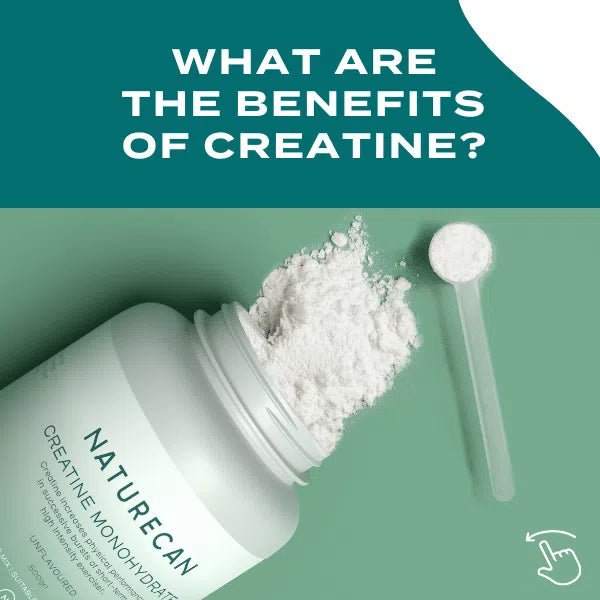Getting My Creatine Monohydrate To Work
Some Known Details About Creatine Monohydrate
Table of ContentsExamine This Report on Creatine MonohydrateWhat Does Creatine Monohydrate Do?All about Creatine Monohydrate
The authors acknowledge a risk of predisposition with the study designs due to a need for more quality over randomization with almost all studies consisted of. Only three of the nineteen studies extensively outlined the assessment of VO2 max.
This varies from professional athlete to professional athlete, though. If weight gain with fluid retention is a problem, quit taking creatine 1-2 weeks before competing to balance out liquid retention while maintaining enhanced creatine shops. Some people experience stomach discomfort when taking creatine, such as bloating, cramping, or diarrhea. It is very important to keep in mind that not everyone experiences intestinal distress while taking creatine, and it can typically be taken care of by changing the dose or taking it with dishes, as outlined by the International Society of Sports Nutrition.
It's recommended to utilize it in powder form. Discover More Here Problems regarding the long-term results of creatine monohydrate supplementation on kidney (kidney) function have actually More about the author been raised. Researches done by the International Society of Sports Nourishment and Sports Medicine show that temporary and lasting use creatine monohydrate within recommended does doesn't take the chance of renal function in healthy and balanced individuals.
Things about Creatine Monohydrate
None of the researches investigated triathletes. The adverse effects reported in the research studies related to weight gain. As stated, a lot of the research studies used a higher-dose loading protocol (20g+/ day) in a brief period that could be offset and avoided via a reduced dosage (such as 5g/day) for an extended period.

Allow's look at the major advantages of creatine monohydrate. There is strong, trustworthy research study showing that creatine enhances health and wellness.
The majority of creatine is stored in the skeletal muscles in a form known
as phosphocreatine, or creatine phosphate. Creatine aids in the production of adenosine see this page triphosphate, or ATP. Also if they never ever raised a weights, they 'd still benefit from creatine supplementation.